In the pursuit of maintaining a healthy weight, diet and exercise are often the first considerations. However, the role of vitamins in weight management is frequently overlooked.
Certain vitamins can significantly influence metabolic processes, energy conversion, and fat burning, thereby supporting weight loss and overall health.
Let's delve into some of these essential vitamins, their functions, and how they can contribute to a healthier, balanced weight.
Vitamin D - The Sunshine Vitamin
Often dubbed the "sunshine vitamin," Vitamin D is crucial for more than just bone health and calcium absorption; it also plays a significant role in weight management.
Recent research indicates that maintaining adequate levels of Vitamin D can help decrease body fat, improve muscle function, and enhance insulin sensitivity. These factors are vital as they relate to how your body stores and uses energy, impacting your ability to maintain or lose weight.
Sources of Vitamin D
While sunlight is a primary source, not everyone can get enough sun exposure safely or consistently. To supplement sunlight, you can turn to dietary sources like:
-Fatty fish: Salmon, mackerel, and sardines are excellent choices.
-Egg yolks: They offer a small but valuable amount of Vitamin D.
-Fortified foods: Many dairy products, plant milks, and cereals are fortified with Vitamin D.
Incorporating these foods into your diet can help ensure adequate Vitamin D levels, which support metabolic health and may aid in weight management.
B Vitamins - Boosting Your Metabolism
The B vitamins, including B1 (thiamine), B2 (riboflavin), B3 (niacin), B5 (pantothenic acid), B6 (pyridoxine), B7 (biotin), B9 (folate), and B12 (cobalamin), are integral in transforming the food you eat into energy.
By enhancing your metabolism, these vitamins help your body efficiently burn calories, which is crucial for managing weight.
Good Sources of B Vitamins
To boost your intake of these metabolic regulators, consider these foods:
-Whole grains: Brown rice, barley, and millet.
-Leafy greens: Spinach, kale, and Swiss chard.
-Meat and eggs: Lean meats and poultry provide several B vitamins.
-Legumes: Lentils, chickpeas, and beans are not only high in fiber but also rich in B vitamins.
Ensuring a diet rich in these foods can help maintain an active metabolism, aiding in weight control and energy levels.
Vitamin C - Your Fat-Burning Ally
Vitamin C is not just a booster for the immune system; it's also a potent ally in your weight management journey.
This antioxidant plays a critical role in the synthesis of carnitine, a molecule essential for the metabolism of fat into energy.
Additionally, studies have linked higher Vitamin C intake with lower body mass and smaller waist measurements.
How to Get More Vitamin C
To ensure you're getting enough Vitamin C, load up on:
-Citrus fruits: Oranges, lemons, and grapefruits.
-Berries: Strawberries and raspberries.
-Bell peppers: Especially red and yellow varieties.
-Dark leafy greens: Such as kale and broccoli.
Regular consumption of these foods can enhance your body's fat-burning capabilities and contribute to a healthier weight.
Vitamin E - Protecting Your Cells
Vitamin E is renowned for its antioxidant properties, defending the body against oxidative stress and free radicals. This is particularly important during exercise, when increased oxygen intake can lead to higher levels of oxidative stress.
By protecting cell membranes, Vitamin E supports healthy weight management indirectly by allowing you to recover better and stay active.
Sources of Vitamin E
Incorporate these Vitamin E-rich foods into your diet:
-Nuts and seeds: Almonds, sunflower seeds, and hazelnuts.
-Spinach: A versatile leafy green.
-Avocado: Great for heart-healthy fats in addition to Vitamin E.
Maintaining a diet rich in these sources can help protect your cells during weight loss efforts and contribute to overall well-being.
The Holistic Approach to Weight Management
While vitamins alone are not a magic solution for weight loss, they are crucial in supporting the body's natural processes that facilitate weight management.
A balanced diet enriched with these vitamins, paired with regular physical activity, can create a solid foundation for maintaining a healthy weight.
Remember, achieving and maintaining a healthy weight is a multifaceted journey involving diet, exercise, and overall wellness.
Incorporating Vitamin D, B vitamins, Vitamin C, and Vitamin E into your diet can provide your body with the necessary boost it needs to support these efforts. Here's to a healthier and happier you!
Create Custom Supplement Pack


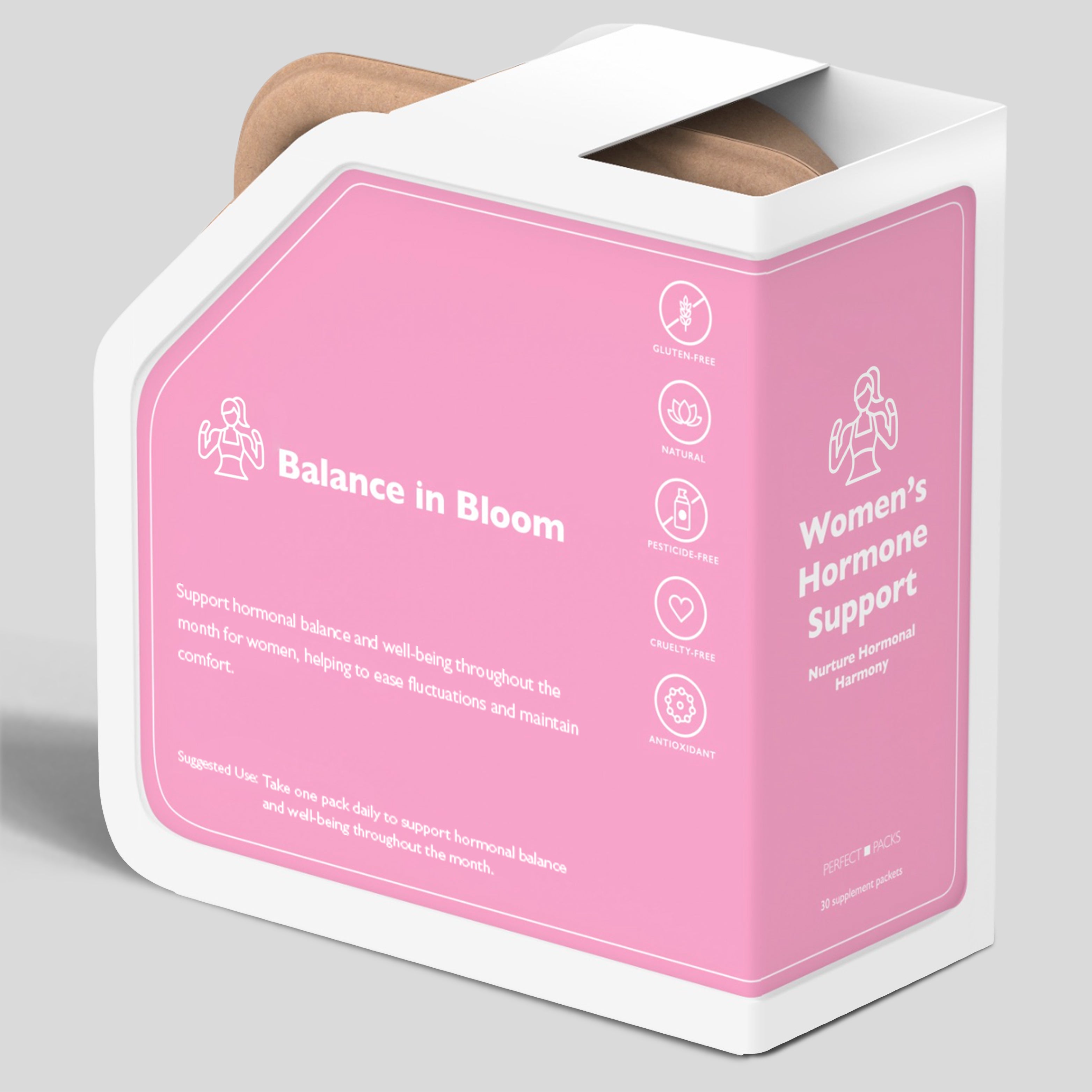


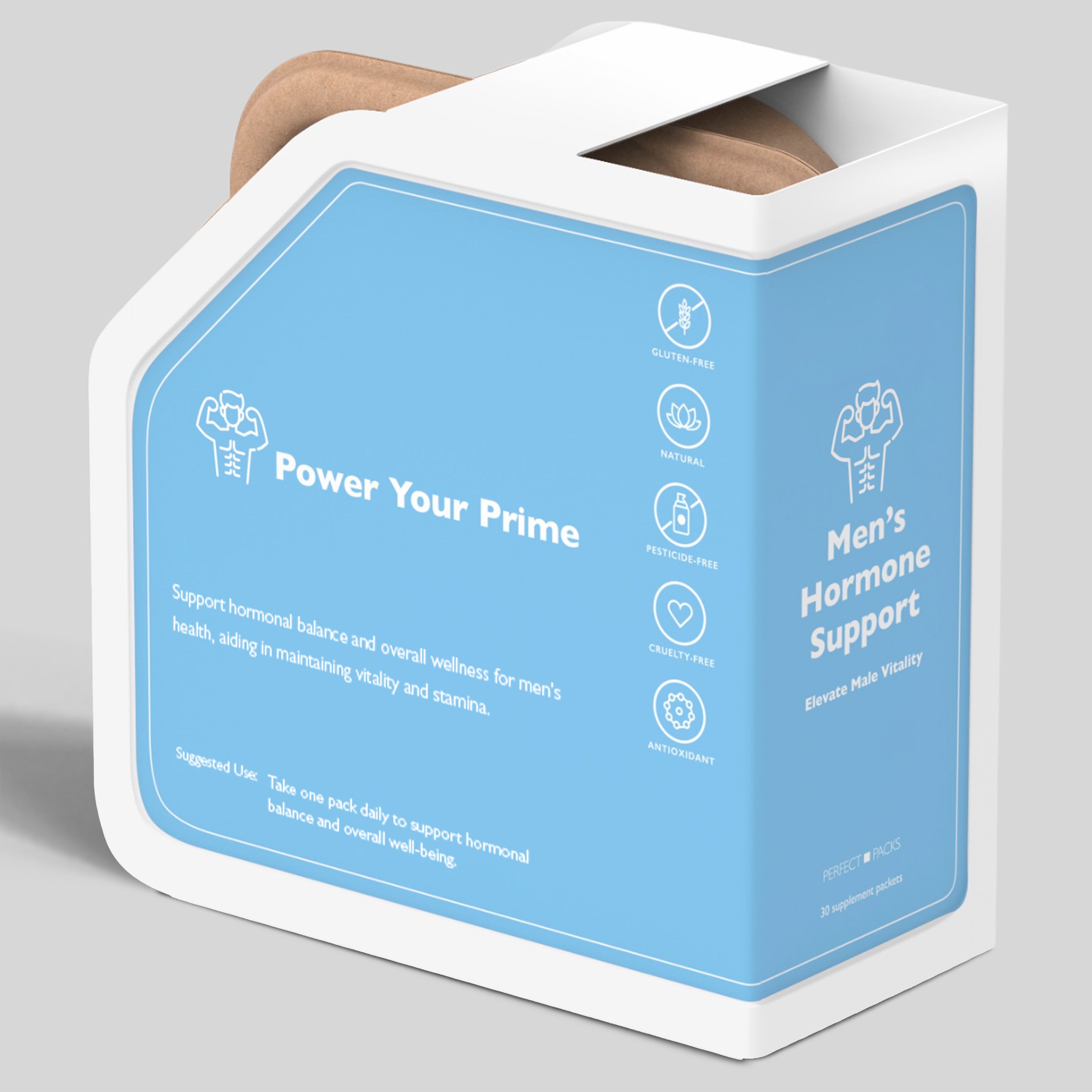
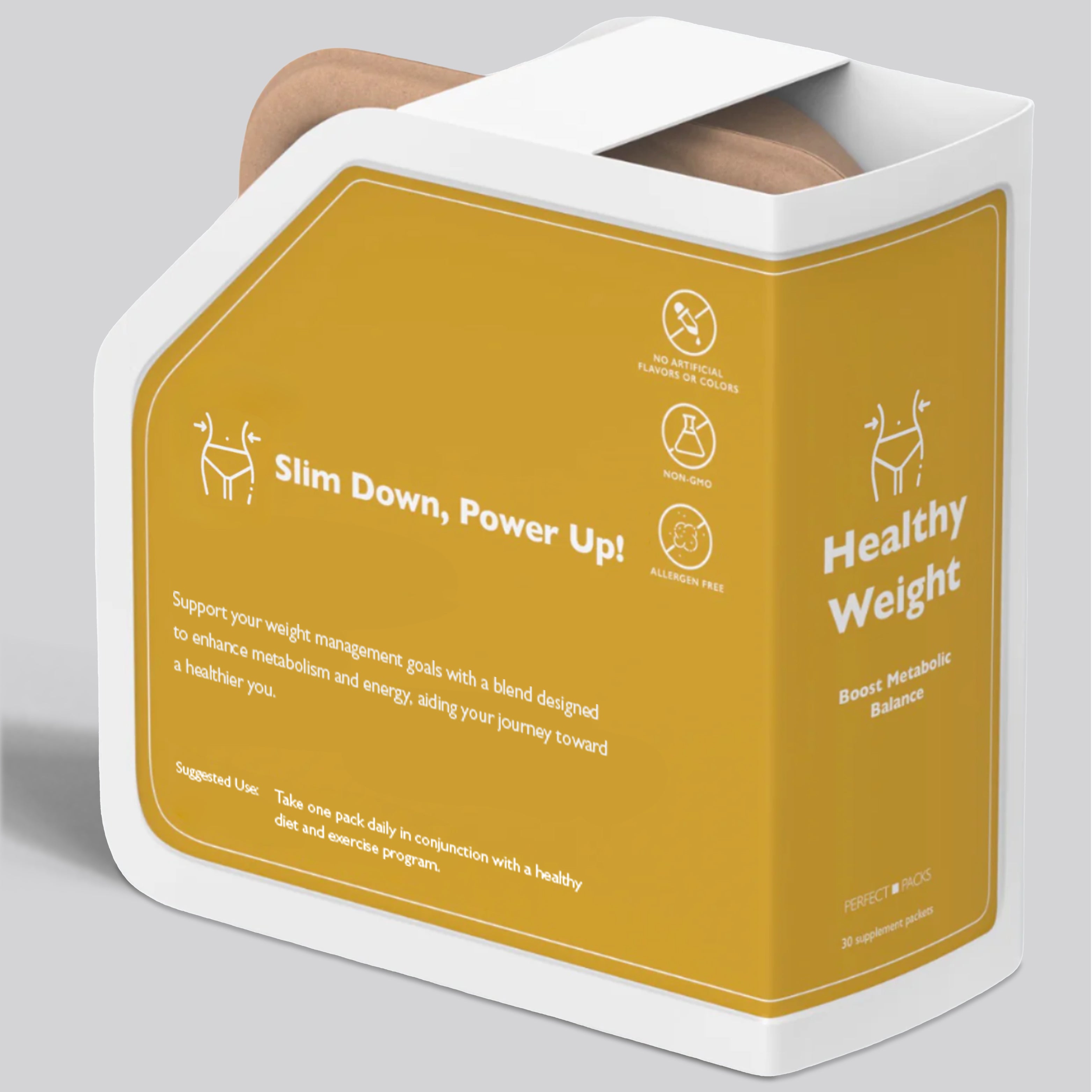
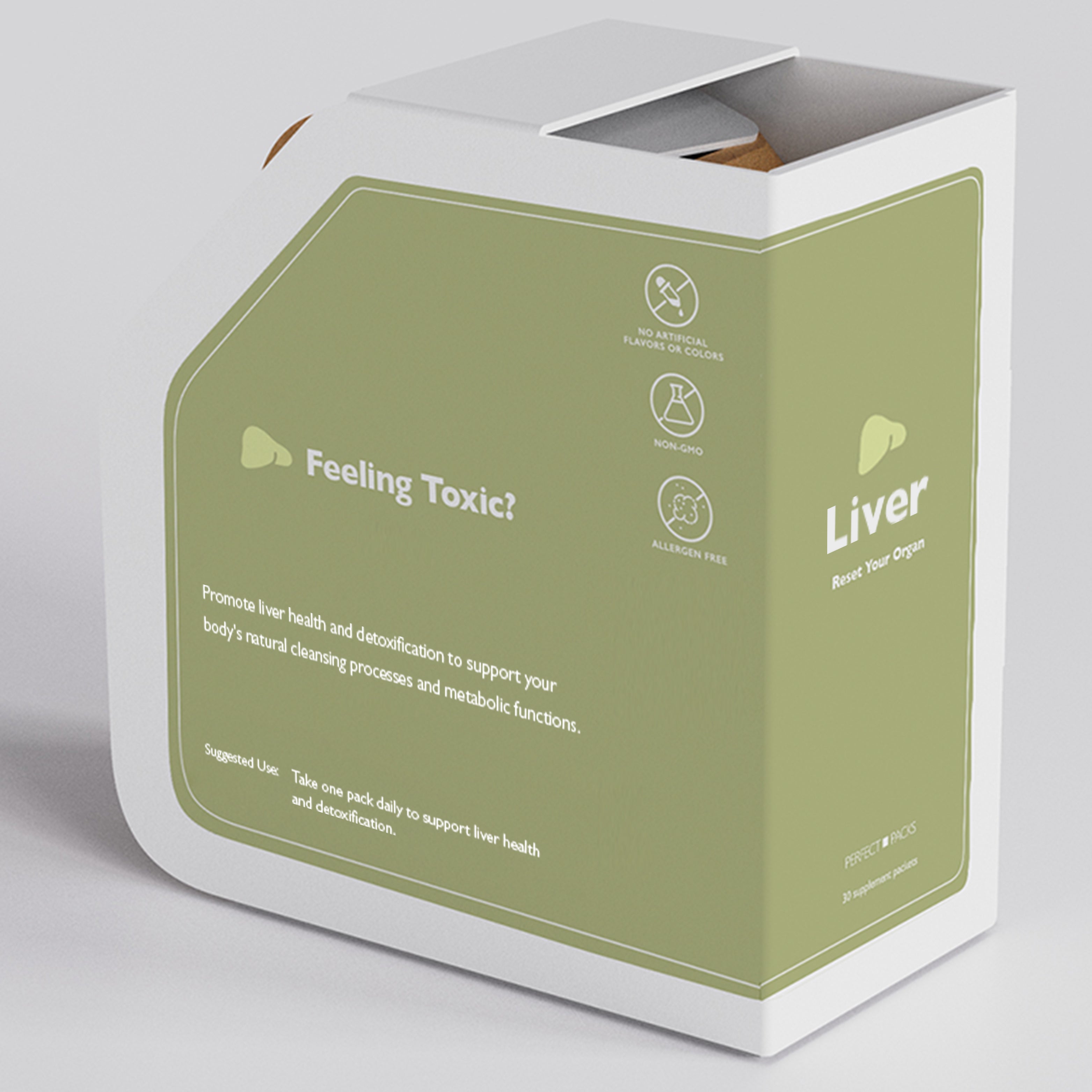

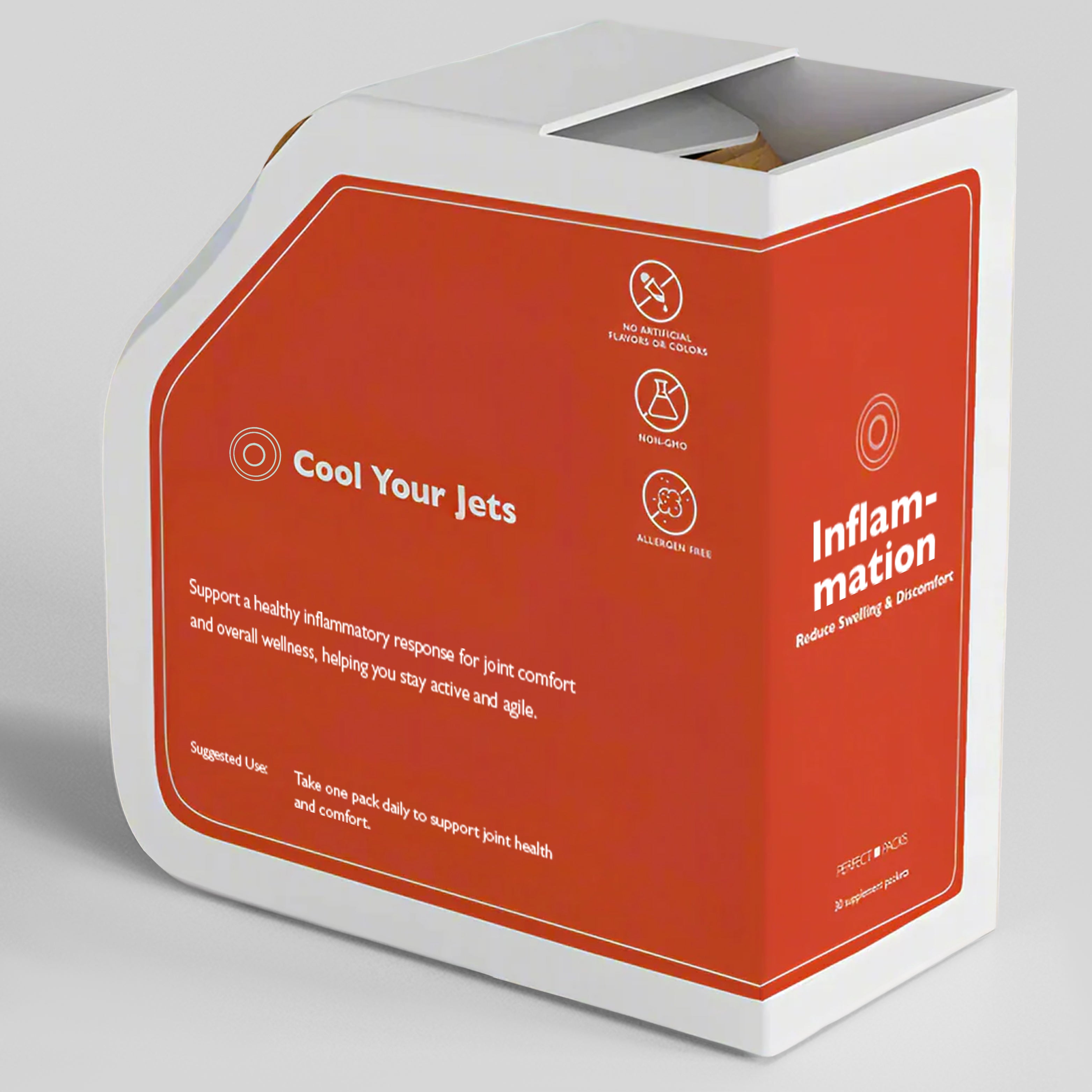
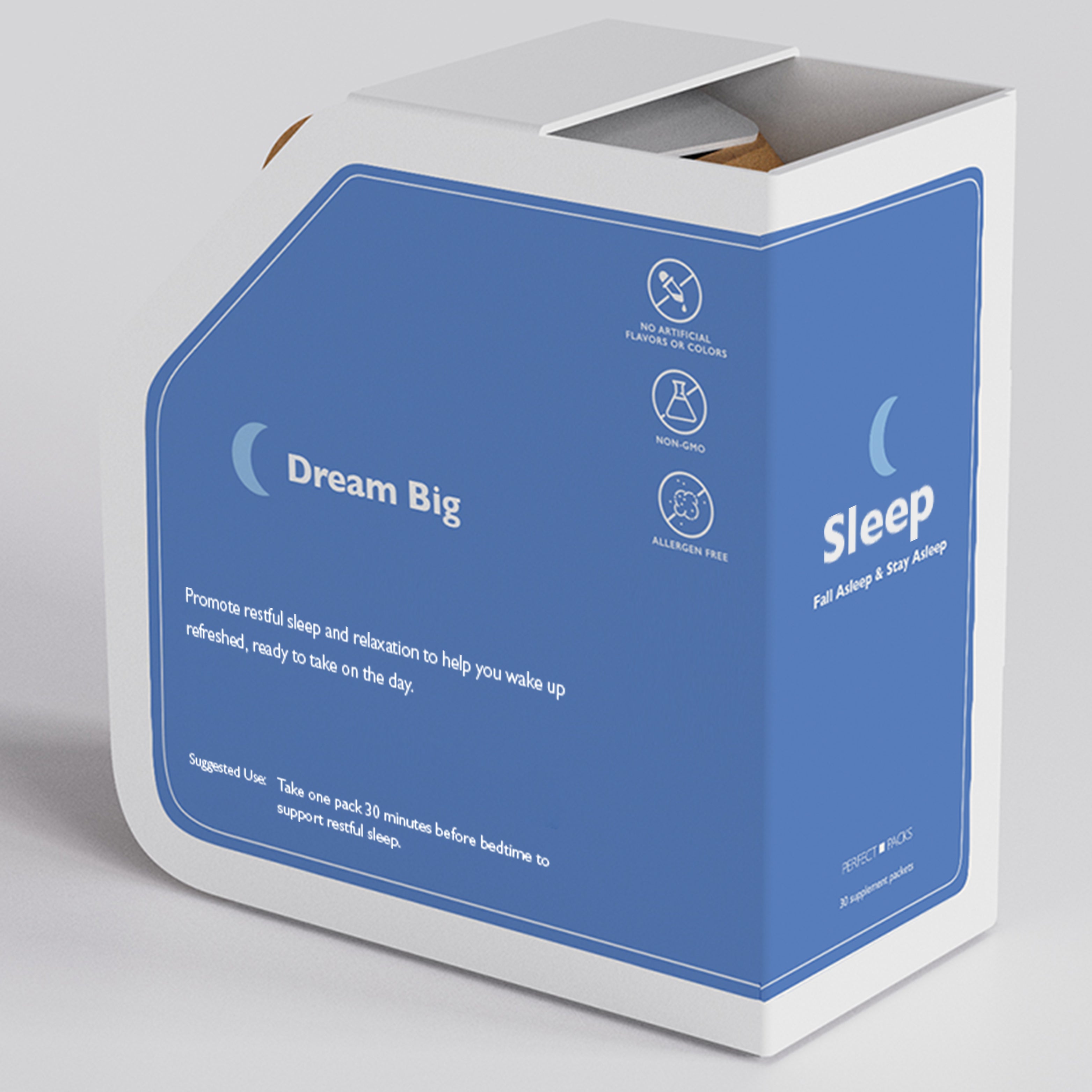
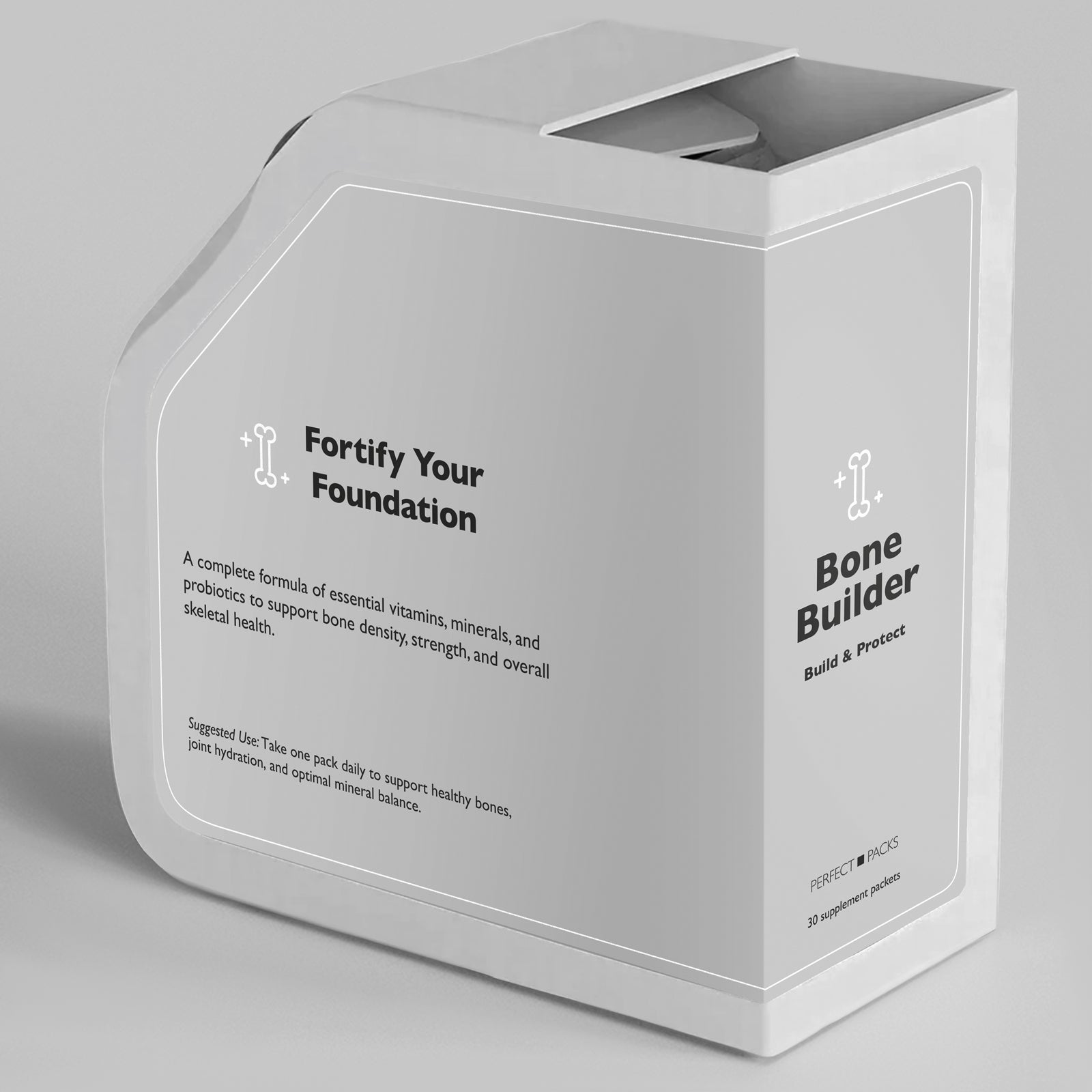
Leave a comment